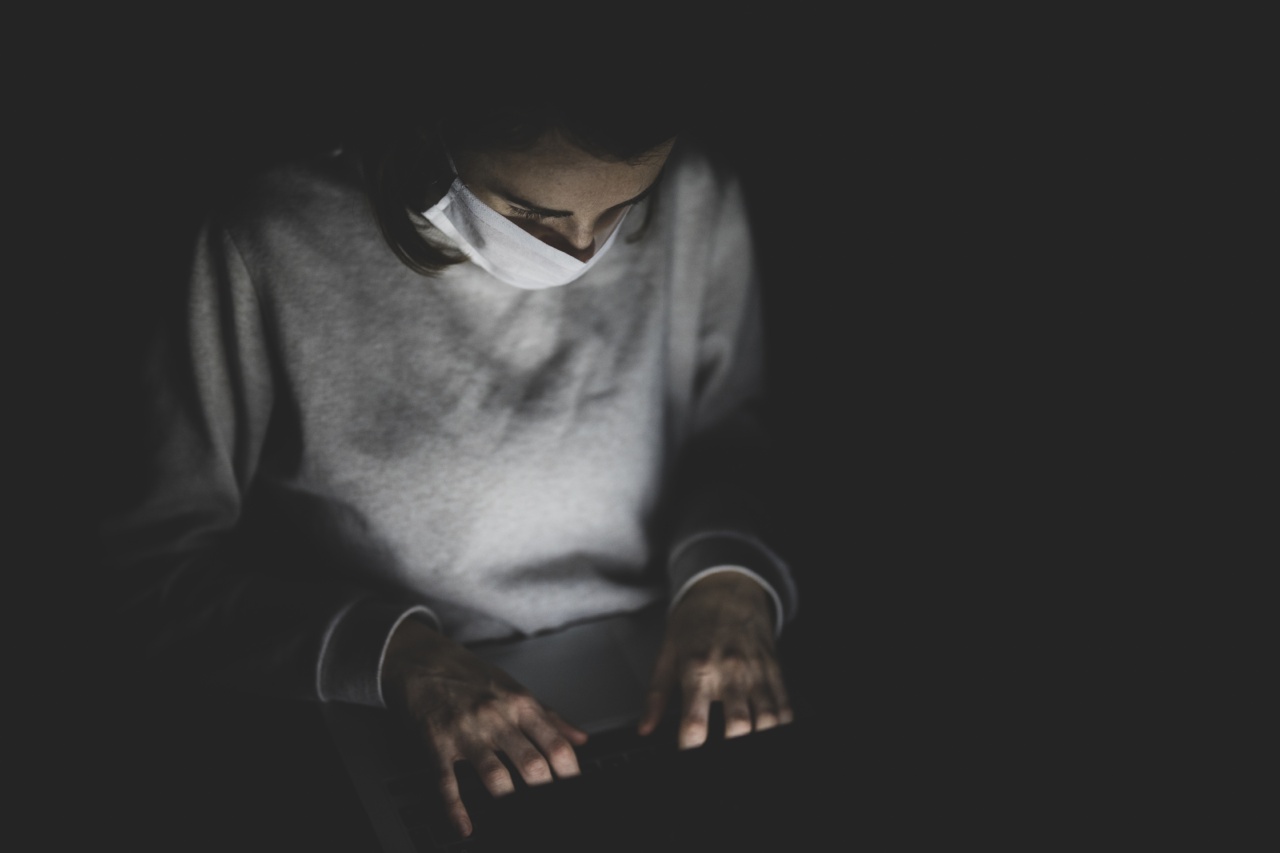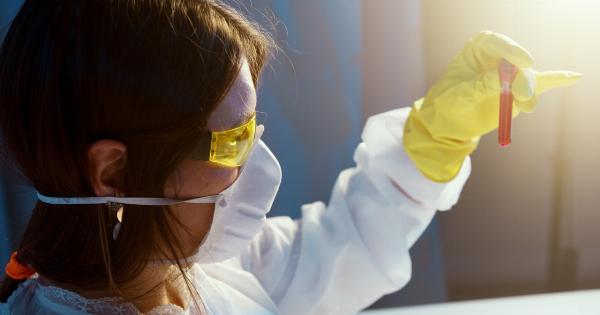Koronevas Infection is an acute bacterial infection caused by the bacteria Koronevas. It is a rare but serious infection that can have severe consequences if left untreated.
The symptoms of Koronevas infection are similar to those of other bacterial infections, making it difficult to diagnose. However, it is important to detect the symptoms of Koronevas infection early to prevent complications. In this article, we will discuss the symptoms of Koronevas Infection and how to detect them.
What is Koronevas Infection?
Koronevas Infection is caused by the bacteria Koronevas, which is commonly found in soil and water. It is a rare infection and can cause serious health complications if left untreated.
People with weakened immune systems are more susceptible to Koronevas infection, but anyone could catch the infection in contaminated environments.
What are the Symptoms of Koronevas Infection?
The symptoms of Koronevas Infection are similar to those of other bacterial infections. However, early detection of symptoms is important to prevent complications. Some of the common symptoms of Koronevas Infection are:.
- High fever
- Chills
- Headaches
- Chest pain
- Fatigue
- Nausea and vomiting
- Difficulty breathing
- Cough
- Diarrhea
- Sweating
The onset of the symptoms can vary from a few hours to several days after exposure to the bacteria. The symptoms can also vary in severity. In some cases, people may show no symptoms at all.
How to Detect the Symptoms of Koronevas Infection?
As the symptoms of Koronevas Infection are similar to those of other bacterial infections, it can be difficult to diagnose.
However, if you have been exposed to soil or water that may be contaminated with Koronevas bacteria, and you experience any of the above-mentioned symptoms, you should contact a doctor immediately.
The doctor may perform various tests to confirm the diagnosis of Koronevas Infection. These may include blood tests, urine tests, and imaging tests like CT scans and X-rays, etc.
The doctor may also take samples from the infected area or perform a bronchoscopy if there is respiratory involvement.
How to Treat Koronevas Infection?
Early detection of Koronevas Infection is important to prevent complications. Treatment of Koronevas Infection usually involves a combination of antibiotics and other medications.
The type of medication prescribed by the doctor may depend on the severity of the infection and the individual’s overall health.
In severe cases, hospitalization may be required. Treatment for Koronevas Infection may also include oxygen therapy and other supportive treatments to help manage symptoms.
How to Prevent Koronevas Infection?
Koronevas Infection is a rare infection, and there are no specific vaccines available to prevent it. However, there are certain preventative measures that can reduce the risk of getting infected. These measures include:.
- Avoiding contact with soil or water that may be contaminated with Koronevas bacteria
- Washing your hands frequently with soap and water
- Wearing protective clothing when working with soil or water
- Disinfecting any wounds immediately
- Avoiding the consumption of contaminated food or water
Conclusion
Koronevas Infection is a rare but serious bacterial infection that can have severe consequences if left untreated. Early detection of the symptoms of Koronevas Infection is important to prevent complications.
If you experience any of the above-mentioned symptoms after exposure to soil or water that may be contaminated with Koronevas bacteria, you should contact a doctor immediately. By taking preventative measures, you can reduce the risk of getting infected with this rare infection and protect your health.





























